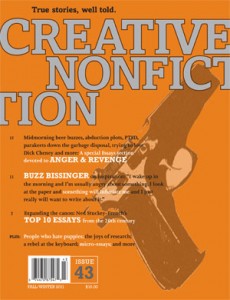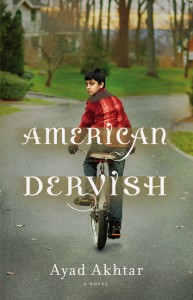Friday Find: Building Your Book-Reviewing Practice: Six Tips for Finding Titles to Pitch
As some of you may know, WritersWeekly.com was kind enough to publish an article of mine this week. Unfortunately, some of the links included in the original article I submitted didn’t make the transition to the WritersWeekly website. I have informed the editors of the problem. Until the original links have been restored, please (re)read the article here, complete with the original (and more direct/helpful) links.
BUILDING YOUR BOOK-REVIEWING PRACTICE: SIX TIPS FOR FINDING TITLES TO PITCH
by Erika Dreifus
As a frequent (and frequently paid) book reviewer, and a former teacher of courses in how to establish a book-reviewing practice, I was pleased to see a recent WritersWeekly.com article spotlighting this work. But I’d like to expand the discussion. For instance, I believe that a really good book reviewer—the kind of reviewer that editors trust and turn to—needs to display certain skills. I’m not talking only about subject matter expertise and writing chops. I’m talking about solid knowledge about books—including books that haven’t yet been published.
Think about it. Most of the book reviews you find in the better-paying mainstream magazines and newspapers and on popular websites focus on new books. Those reviews don’t appear magically. They’re the product of a match between editor and reviewer that takes place weeks, if not months, before the book is available for purchase. Which means that one way to increase your chances of winning a paying assignment—not to mention establishing yourself as a savvy source for information—is to pitch reviews of not-yet-published titles.
Once you become an established reviewer, complimentary advance reading copies (ARCs) are likely to come your way. Editors will begin suggesting titles for you to review and supply you with the ARCs they receive from publishers and publicists. But it isn’t easy to reach that point. And it takes time. Here are six ways for the emerging book reviewer to locate review possibilities on his or her own: (more…)

